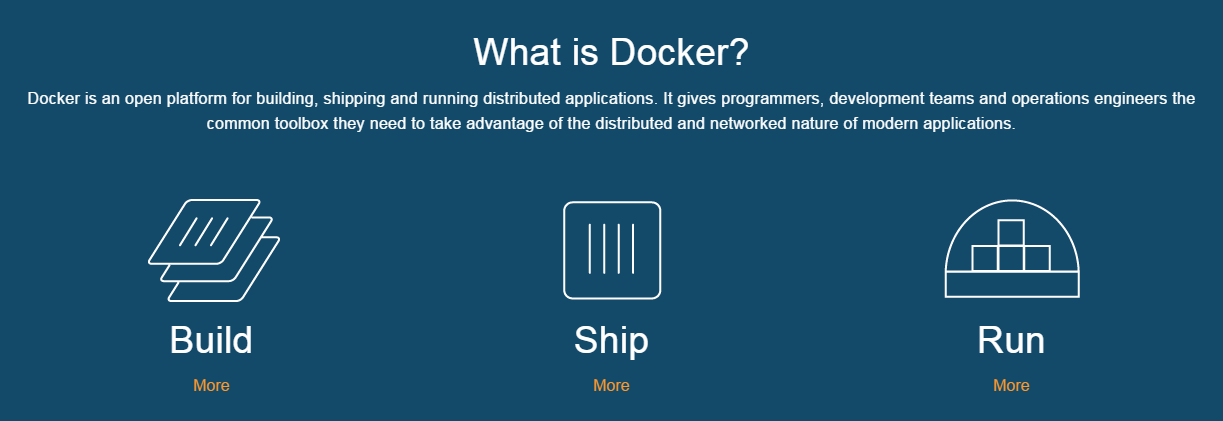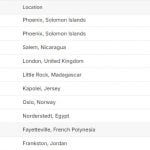Docker – The Revolution in Software Containerization
By using , you can easily package an app with all its dependencies into a virtual container and run it on any Linux server. Thereby, you achieve flexibility and portability impossible without containerization. As a result, the app can run nearly everywhere: on premises, bare metal, public or private clouds. While similar functionality has been available for years, a revolution in the world of software containers was caused only after the appearance of Docker in 2013. In the following post, I describe the nature of this software solution; shed light on its benefits; compare Docker with other container software; and provide a list of hosting solutions, optimized for containerization.

For providing the ability to use lightweight software containers, Docker relies on such resource isolation features of the Linux kernel as and . As mentioned above, it allows multiple containers to run within a single Linux instance without a need to use virtual machines.
Since Docker is based on the kernel’s functionality and uses resource isolation, as well as , it does not require a separate operating system to be packed into a container. Virtualization features can be accessed in two ways: directly – the libcontainer library is used, or indirectly – via libvirt, systemd-nspawn, or LXC. All this makes Docker containers lightweight and extremely fast. Besides, you get:
- isolated resources,
- restricted services,
- provisioned processes with a private view of the operating system, own process ID space, file system structure, network interfaces, etc.
Despite all Docker containers share the same kernel, each one can be limited to a defined amount of memory, CPU, and I/O.
If you are looking for a tool designed for the creation and management of highly distributed systems, Docker is a perfect solution, since it allowing multiple apps, tasks, and processes to run autonomously across multiple virtual machines or on a single device.
Moreover, Docker allows PaaS-style deployment and scaling for MongoDB, Apache Cassandra, Riak, and other similar systems. It also simplifies the management of workload queues and other distributed systems.
It is also necessary to mention that Docker supports integration with various infrastructure tools, such as Amazon Web Services, CFEngine, Google Cloud Platform, IBM Bluemix, Jenkins, Microsoft Azure,OpenSVC, Puppet, Vagrant, etc. But why is Docker so popular? Below, you can see some core reasons of its success.
- Efficiency. With Docker, you you can significantly multiply the number of server app instances compared to Xen or KVM VMs.
- Simplicity. Docker containers are easier and safer to deploy and use than other solutions.
- Portability. You can easily move software containers from one computing environment to another.
- Standardization. With Docker, the container ecosystem has got much-needed standardization.
- Environmental agnosticism. You can run Docker software containers virtually anywhere.
- Docker clouds. Docker containers are easy to deploy in a cloud.

Moreover, Docker makes it possible to:
- set up a local development environment which behaves like live server;
- run multiple development environments with unique software and configurations from the same host;
- test projects on various servers;
- allow anyone to participate in the same project without any limits related to a local host environment.
Now, when you know about Docker’s benefits, I can compare it with other competitors.
Table of contents
Docker vs Rocket
Despite CoreOS is one of Docker’s supporters, it released its own open source project called Rocket. While Docker is too complex and focused on the needs of the parent company, Rocket was developed with the original portability mission in mind. Thus, they offer different features, but provide similar opportunities typical for container software. I recommend you to check the following podcast to understand the difference between Docker and Rocket. Besides, you can examine these article: ; (pay attention to the first comment below the post).
Docker vs Vagrant
Being a supercharged Linux chroot, Docker provides you with the ability to snapshot the OS and apps you want into a common image for further deployment on Docker hosts in a form of software containers. Thereby, a machine you’re deploying to must also have preinstalled Docker.
On the other hand, Vagrant relies on VM’s, but remains significantly lighter than a complete VM. The tool provides a reproducible way for generating fully virtualized machines with the aid of VirtualBox, VMWare technology, or AWS.
Check the following video for further explanations. You can also read more about both solutions in this article: . And there is a good explanation why Docker and Vagrant are not competing .
Docker vs Chef
Both Docker vs Chef simplify development in a multi-server environment, but the approaches they incorporate are very different indeed. While Docker isolates the OS from the kernel and generates a ‘level-zero’ package, Chef relies on a master-agent setup with a central master server coordinating and sending out instructions to agents from other client nodes. Sound quite complicated, isn’t it? Well, this sheds light on both technologies. Please note you can easily manage Docker containers with the help of Chef. Just watch the below video to find out the algorithm.
Docker vs LXC
Due to the lack of support for things like cron, ssh, logging, and daemons in Docker containers, you have to manage everything via Docker or other container management software. As for LXC, it sidesteps this limitation with a normal OS environment. Thus, the tool is immediately compatible with all apps and management and orchestration layers. You can discover more information by following this link: .
Docker hosting solutions
Below, you will find a list of Docker cloud servers and other hosting solutions optimized for Docker.
is a cloud server which offers one-click installation and deployment in an SSD cloud server within just 55 seconds.
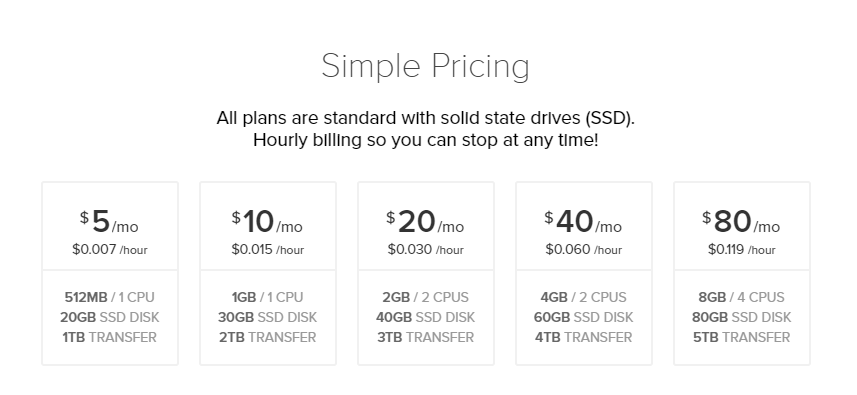
is another cloud server for Docker software containers. Build, deploy, and manage your applications from any place with the help of this cloud service.
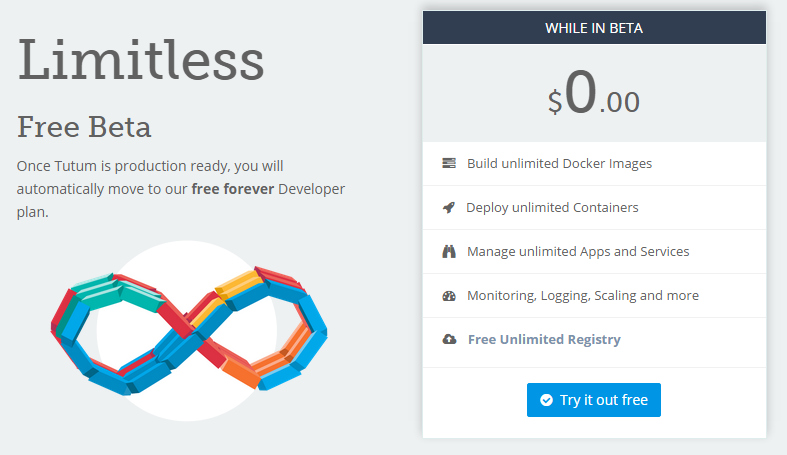
As for , it is a hosted service for the container management that will help you deploy the entire infrastructure stack on a server or cloud environment.
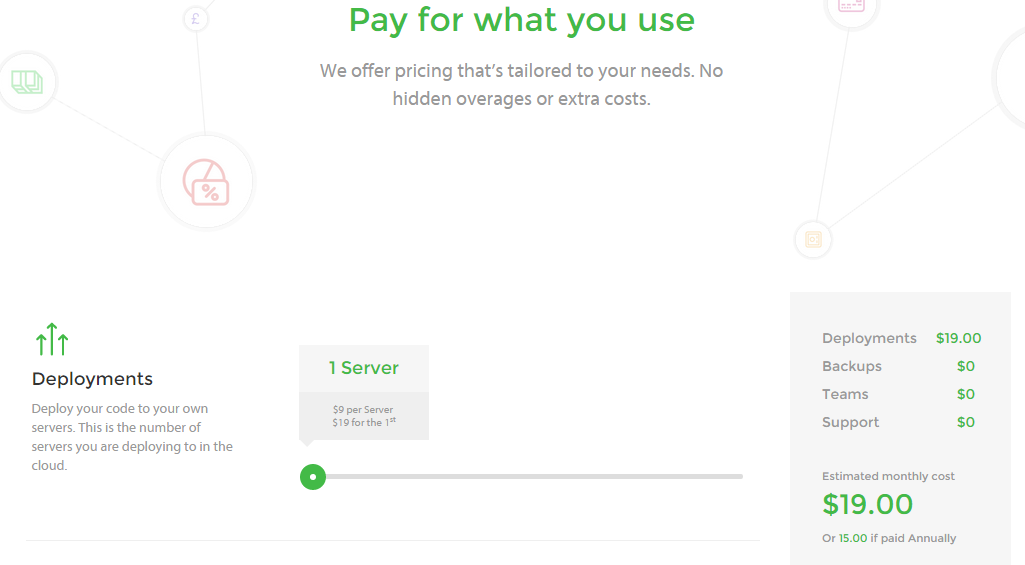
is another reliable Docker cloud server. With this solution, you will forget about setting up servers or installing VMs on your laptop. Get an instant Docker host in the cloud with Orchard.

represents a reliable solution for building, deploying and scaling Docker applications.
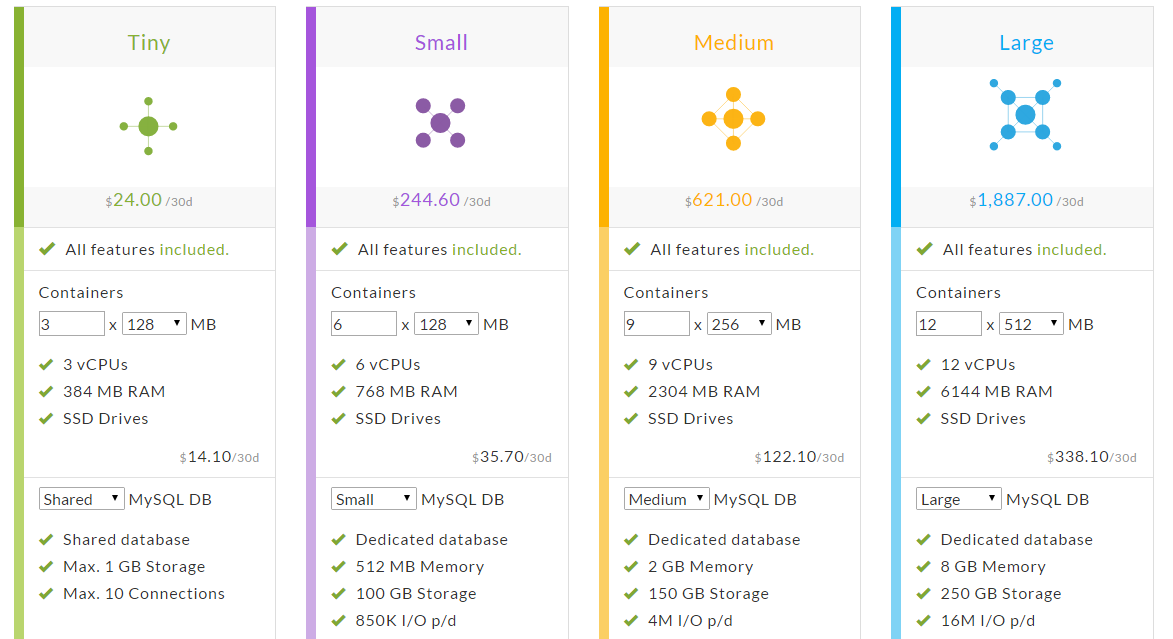
is also among reliable platforms aimed at Docker hosting. It provides a blazing fast dedicated infrastructure, user friendly control panel, and high portability.

is a universal cloud platform that provides high performance, top notch security, and high scalability. It offers an appropriate Docker cloud server as well.
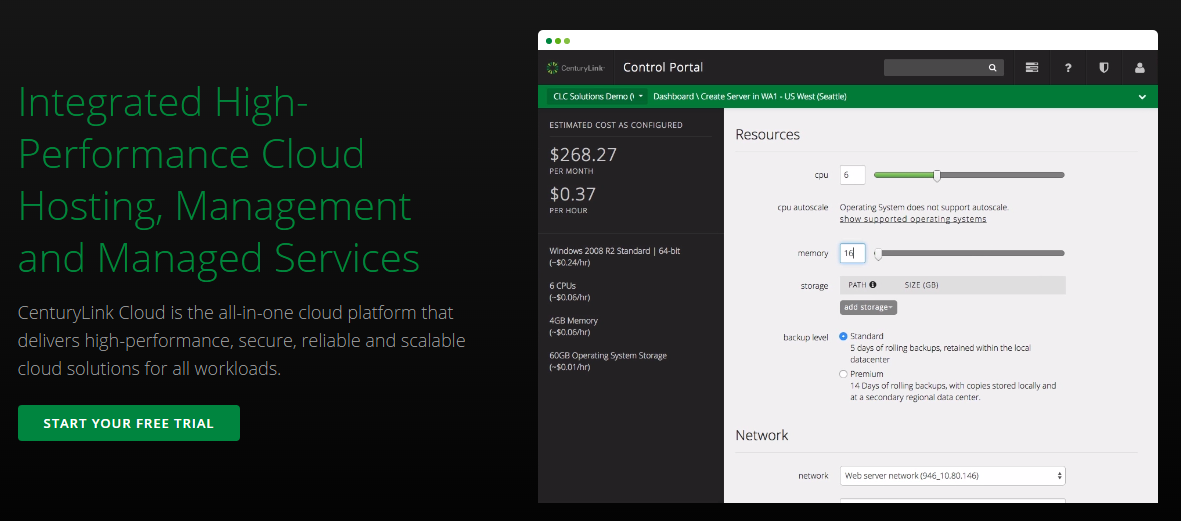
In its turn offers both public and private cloud hosting. You can use this service with Docker containers.

Now you are familiar with the nature Docker, know its benefits over competitors, and understand what hosting solutions are optimized for the work with Docker containers. If you have any questions related to the usage of the platform, pay attention to the official Docker ‘how to’: .



